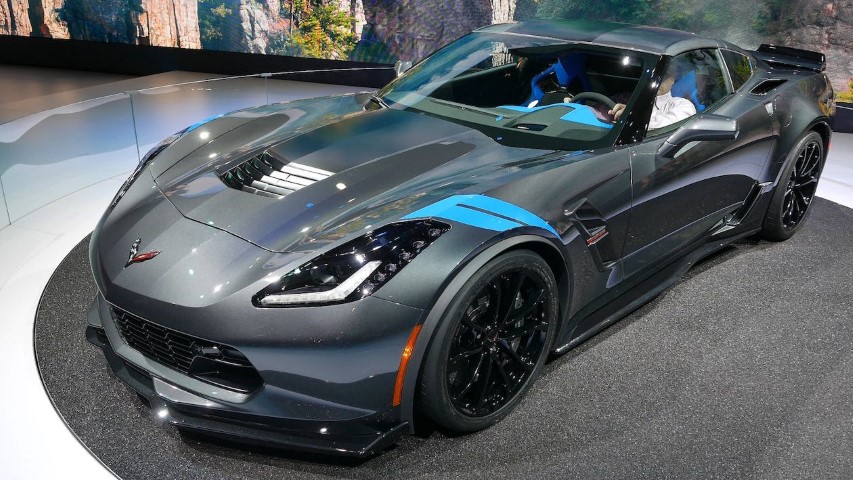 You’ve probably noticed more and more luxury vehicles cruising the streets these days. There’s a reason for that – the luxury vehicle market is a booming business. Luxury car brands like Mercedes, BMW, and Audi have become increasingly popular among consumers, offering style, performance, and cutting-edge technology. In fact, Mercedes’ luxury vehicle segment was more popular in the United States, with its shares climbing to 13.54%. So, what makes this market so valuable, and why are people willing to spend top dollar on these vehicles? Let’s dive in.
You’ve probably noticed more and more luxury vehicles cruising the streets these days. There’s a reason for that – the luxury vehicle market is a booming business. Luxury car brands like Mercedes, BMW, and Audi have become increasingly popular among consumers, offering style, performance, and cutting-edge technology. In fact, Mercedes’ luxury vehicle segment was more popular in the United States, with its shares climbing to 13.54%. So, what makes this market so valuable, and why are people willing to spend top dollar on these vehicles? Let’s dive in.
The Revenue Potential of the Luxury Vehicle Market
The luxury vehicle market is an extremely lucrative segment in the automotive industry. According to Statista, in 2023, revenue in the Luxury Cars market segment is projected to reach $20,910.00m. That’s a huge chunk of change! This high revenue potential is one of the reasons why luxury car manufacturers are constantly investing in new technologies, designs, and features to attract more customers and maintain their status as industry leaders. They know that as long as they can continue to innovate and offer unique, desirable products, consumers will be willing to pay a premium for their cars.
The Luxury Vehicle Market: A Status Symbol
For many people, owning a luxury automobile is a status symbol. It represents success, wealth, and achievement, and it’s something they’re proud to show off. In addition, luxury vehicles are often associated with higher levels of comfort, advanced technology, and top-of-the-line performance, making them appealing to those who want to experience the best of what the automotive world has to offer. Plus, the prestige of owning a high-end car can’t be underestimated. It’s something that many people aspire to achieve. It’s a significant part of what makes the luxury vehicle market so valuable.
The Impact of Depreciation on Luxury Vehicles
When it comes to vehicle ownership, depreciation is a significant factor to consider. According to The Nest, cars usually lose value when they hit around 60,000 to 70,000 miles. Luxury vehicles, in particular, are known to depreciate faster than their non-luxury counterparts. So, why would someone invest in a luxury vehicle knowing it will lose value over time?
Well, for one thing, the initial purchase of a luxury car is often less about the long-term value and more about the enjoyment and status it provides. Additionally, luxury auto manufacturers often offer attractive lease options, allowing consumers to enjoy the benefits of driving a luxury vehicle without long-term commitment and depreciation concerns. Furthermore, some luxury vehicles hold their value better than others, so it’s essential for buyers to do their research and choose a car with a strong resale value.
The Role of Innovation and Technology
Another factor that contributes to the value of the luxury vehicle market is the constant drive for innovation and technological advancements. Luxury vehicle manufacturers always strive to develop new features, improve performance, and enhance the driving experience for their customers. These innovations, such as autonomous driving, electric powertrains, and state-of-the-art infotainment systems, help to differentiate luxury automobiles from the rest of the pack and maintain their appeal to consumers.
The luxury vehicle market is highly valuable for several reasons. First, the high revenue potential, status symbol appeal, and innovative technology offerings contribute to the market’s ongoing success. In addition, while depreciation can be a concern for some luxury car owners, the benefits and enjoyment of owning a high-end car often outweigh the potential loss in value over time. Ultimately, the luxury vehicle market is an important and lucrative segment of the automotive industry that shows no signs of slowing down.










